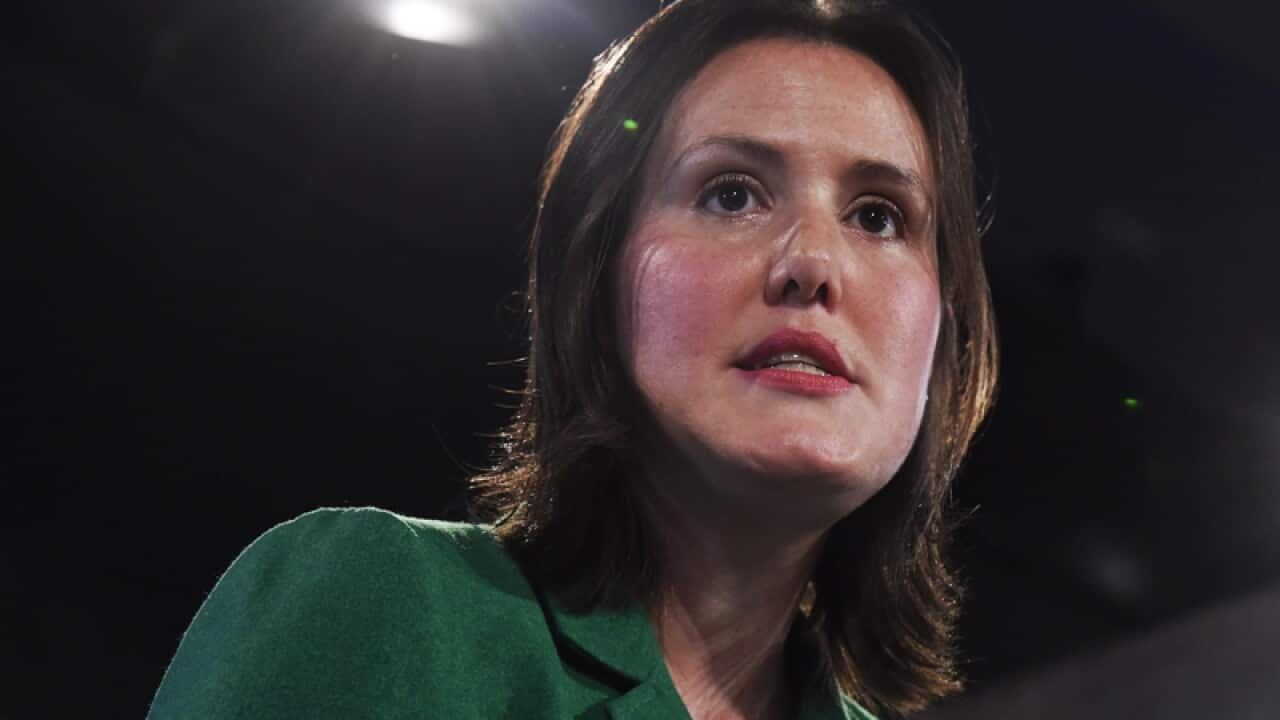It's not often that Kelly O'Dwyer agrees with Paul Keating.
But the Liberal assistant treasurer says the former Labor prime minister's view that you can't keep increasing taxes to accommodate more spending is spot on.
Mr Keating, writing in Fairfax Media on Wednesday, said Australia can't pretend it can go on spending as though nothing has happened.
"The world has trimmed us down, we now have to trim ourselves down. Trim our spending and not accommodate more of it by ever-more taxation," he said.
Ms O'Dwyer, making her first appearance at the National Press Club in Canberra, believed it was a message aimed at Labor leader Bill Shorten.
"I won't pretend to say I welcome the intervention of Paul Keating, but today he made some interesting points ... that frankly I couldn't disagree with," she said.
Such views came as two reports by the Parliamentary Budget Office highlighted the "significant deterioration" in both commonwealth and state budgets over the space of a few months late last year and the potential loss of $45 billion in unlegislated savings during the next decade.
Updating its estimates to take into account December's mid-year budget review, the independent PBO calculated the Turnbull government's changes to family payments alone would cost the budget $16.9 billion by 2025/26 if they are not passed into law.
Opposition families spokeswoman Jenny Macklin said it was confirmation the Turnbull government was committed to ripping billions of dollars from household budgets.
Prime Minister Malcolm Turnbull said the Labor Party left a massive black hole when it was turfed out of office in mid-2013.
"When the coalition government has sought to repair that .... they have done nothing except oppose it," he told parliament.
But Greens MP Adam Bandt said it was a sign of the government's "pigheadedness" and it was time for a plan B that can pass the Senate.
In a separate analysis comparing 2015/16 commonwealth and state budgets with their mid-year reviews, the PBO calculates that the national fiscal deficit over the four-year estimates deteriorated by $34.1 billion to a total $122.1 billion.
The PBO said among the potential risks facing the Australian economy as a whole, uncertainty around global economic growth could continue to weigh on the nation's key commodity prices and terms of trade.
New figures on Wednesday showed the monthly trade deficit blow out to $3.5 billion - $1 billion larger than forecast by economists - as a result of a five per cent drop in exports in December, including a 15.9 per cent decline in iron ore exports.
Share

